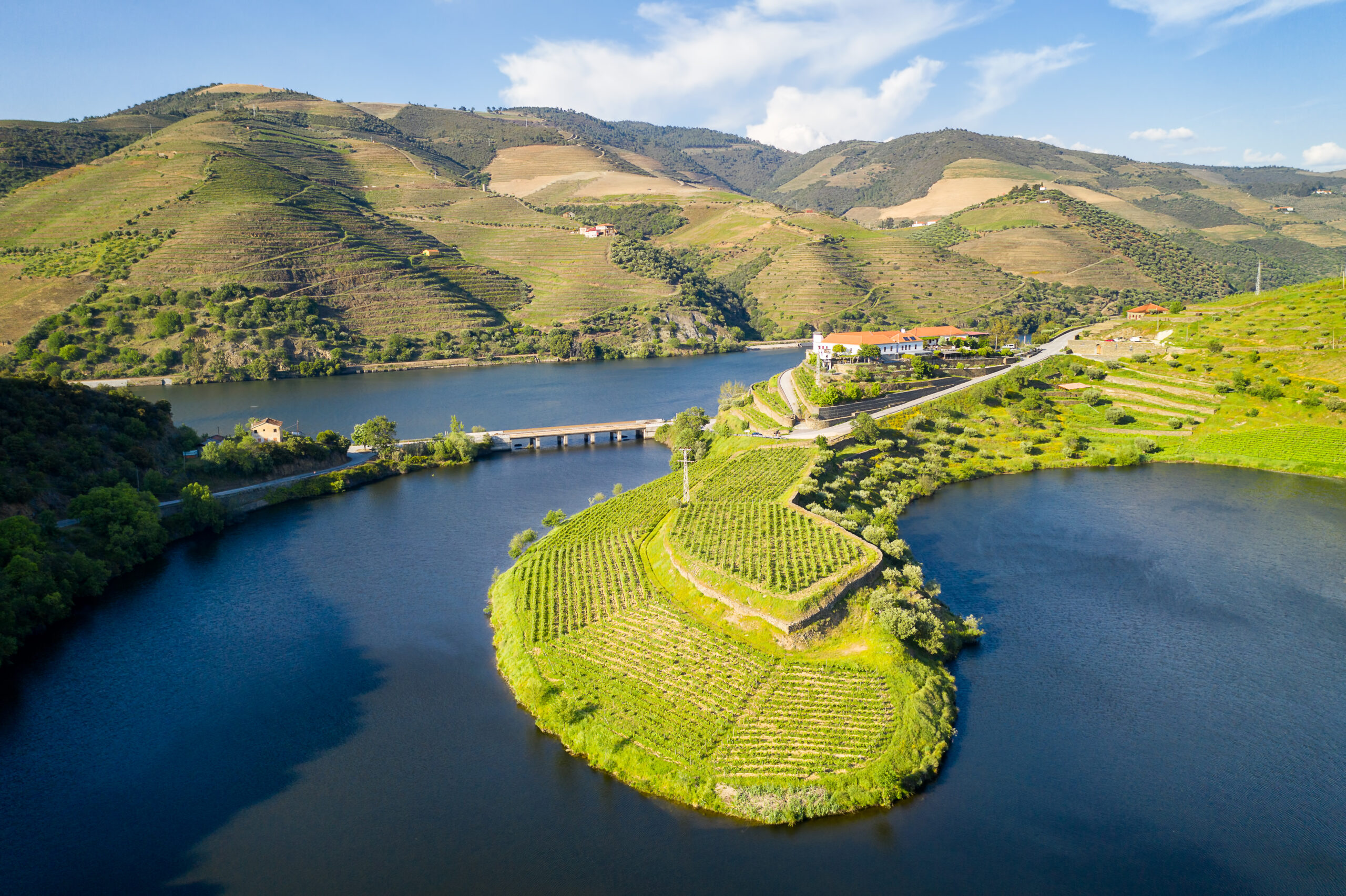Portugal’s enchanting tiles have long captivated visitors with their intricate designs and vibrant colors. These tiles, known as azulejos, have become synonymous with Portuguese culture and are found adorning buildings, palaces, churches, and even public spaces throughout the country. Each tile tells a story, a journey through centuries of history, tradition, and cultural influences. In this article, we will unravel the secrets behind Portugal’s enchanting tiles, exploring their origins, artistry, symbolism, and their place in both the past and present.
The Origins of Portugal’s Enchanting Tiles
The roots of Portuguese tiles can be traced back to the 15th century when the Moors introduced the art of tilemaking to the Iberian Peninsula. Initially, these tiles were heavily influenced by Islamic geometric patterns and designs. Over time, as the Moorish influence waned and Portuguese culture flourished, the tiles began to adopt more distinctive motifs and themes.
A Glimpse into the Artistry of Portuguese Tiles
The artistry of Portuguese tiles is truly remarkable. Skilled craftsmen meticulously hand-paint each tile, creating intricate patterns and scenes. The process involves carefully outlining the design, applying vibrant pigments, and firing the tiles at high temperatures to ensure durability. The result is a stunning piece of art that can withstand the test of time.
Exploring the Symbolism Behind Portugal’s Tiles
Portuguese tiles often contain symbolic representations of the country’s history, culture, and religious beliefs. Some tiles depict scenes from Portuguese folklore and mythology, while others showcase important historical events or figures. The use of symbolic imagery creates a deeper connection between the tiles and the viewer, allowing for a richer understanding of Portugal’s heritage.
From Moorish Influence to National Tradition
As Portuguese society evolved, so did the use of tiles. From being primarily used in religious buildings and palaces, tiles became a symbol of national pride. They were incorporated into everyday architecture, adorning façades, fountains, and even street signs. The widespread use of tiles throughout Portugal transformed them into a national tradition, an integral part of the country’s cultural identity.
The Golden Age of Portuguese Tilemaking
The 17th and 18th centuries marked the Golden Age of Portuguese tilemaking. During this period, tile production reached its peak, with workshops producing intricate panels and murals for palaces and churches. These majestic tiles often depicted historical and biblical scenes, showcasing the artistic prowess of Portuguese craftsmen.
Preservation Efforts: Protecting Portugal’s Tile Heritage
Recognizing the importance of preserving Portugal’s tile heritage, efforts have been made to safeguard these valuable artifacts. Organizations such as the Portuguese Tile Society and the National Tile Museum have been established to promote awareness, conservation, and restoration of Portuguese tiles. These initiatives ensure that future generations can continue to admire and appreciate these enchanting works of art.
Unveiling the Unique Techniques of Tile Production
The production of Portuguese tiles involves a unique combination of craftsmanship and technical skill. Skilled artisans hand-paint each tile, often using traditional techniques passed down through generations. The use of vibrant pigments and meticulous attention to detail ensures that every tile is a true work of art.
From Palaces to Churches: Tile-Adorned Architectural Gems
Portugal’s architectural gems are adorned with magnificent tiled facades and interiors. Palaces such as the Palácio Nacional de Sintra showcase the grandeur of Portuguese tilework, with intricate azulejo panels depicting historical and mythological scenes. Churches, such as the Igreja de São Roque in Lisbon, feature stunning tiled altars that add a touch of beauty and spirituality to the space.
Modern Applications: Tiles in Contemporary Design
While steeped in tradition, Portuguese tiles are also finding their place in contemporary design. Artists and designers are exploring innovative ways to incorporate tiles into modern spaces, creating unique and captivating designs. From feature walls in trendy cafes to stylish backsplashes in modern kitchens, Portuguese tiles continue to evolve and inspire.
Portugal’s enchanting tiles are a testament to the country’s rich history, artistic prowess, and cultural heritage. From their origins rooted in Moorish influence to their transformation into a national tradition, these tiles have stood the test of time. As we explore the symbolism, artistry, and techniques behind Portuguese tiles, we gain a deeper appreciation for their beauty and significance. Whether they adorn ancient palaces or blend seamlessly into contemporary design, Portuguese tiles continue to captivate and enchant all who encounter them. A journey through centuries, Portugal’s tiles offer a window into the country’s past, present, and future.

















































